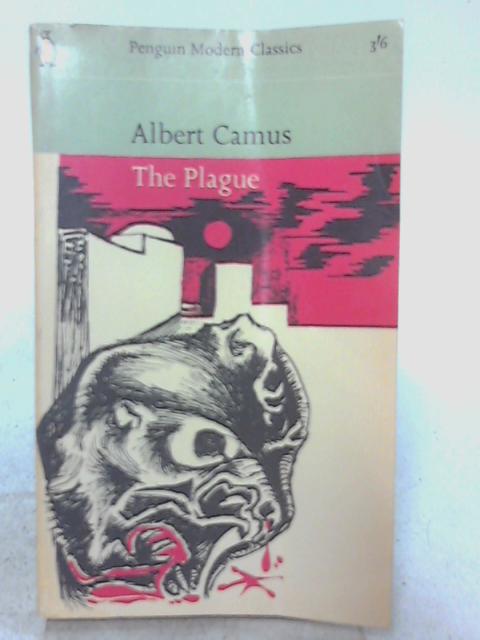

It can describe very well the plague in a society which blares its phantasgmagoria across the poor world so that millions come, aboard tomb ships or across murderous deserts, in search of its empty promises and which even destroys the constant against which Camus measured human mortality: nature.Įssential to Camus’ existential isolation was the discrepancy between the power and beauty of nature, and the desolation of the human condition. Our society is absurd, and Camus’ novel examines – among many other things, and for all its moralising – our relationship to the absurdity of modern existence. In fact especially so, for this reason: the Absurd.

Nowadays, I think, La Peste can tell the story of a different kind of plague: that of a destructive, hyper-materialist, turbo-capitalism and can do so as well as any applied contemporary commentary. So it is worth reflection on this anniversary of his death: what would the plague signify now? The critic John Cruikshank insists that La Peste is also a reflection on “man’s metaphysical dereliction in the world”, in which case the applications are endless, and up to us. Like every good metaphorical or allegorical work, it can represent beyond its intentions including pestilences both moral and metaphorical that have happened after Camus’ own lifetime. But Camus was also aware of the great cholera epidemic in Oran, Algeria – where the novel is set – in 1849, and of others in his native district of Mondovi in the Algerian interior.īut there is another reason we should all re-read La Peste (preferably in French or the English translation by Stuart Gilbert, a work of literature in itself). Writing in 1947, as the world whooped victory and “Never Again”, Camus insisted that the next plague “would rouse up its rats again” for “the bane and enlightenment of men”. It is generally agreed that the pestilence he describes signifies the Third Reich. I think Camus intended such a literal – as well as allegorical - reading. In it we encounter the courage, fear and calculation that we read or hear in every story about West Africa’s efforts to curtail and confront Ebola through its narrator, Dr Rieux, we can identify with the hundreds of Cuban doctors who went immediately to the plague’s Ground Zero, and those such as the Scottish nurse currently fighting for her life at the Royal Free Hospital in London. Camus’ story is that of a group of men, defined by their gathering around and against the plague.


 0 kommentar(er)
0 kommentar(er)
